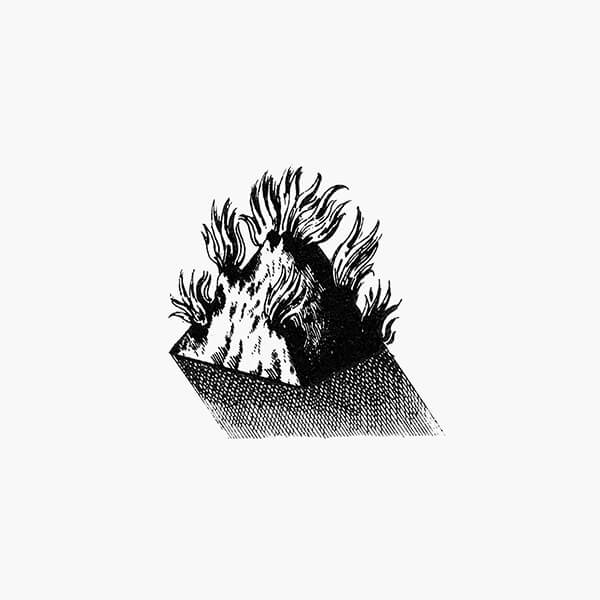

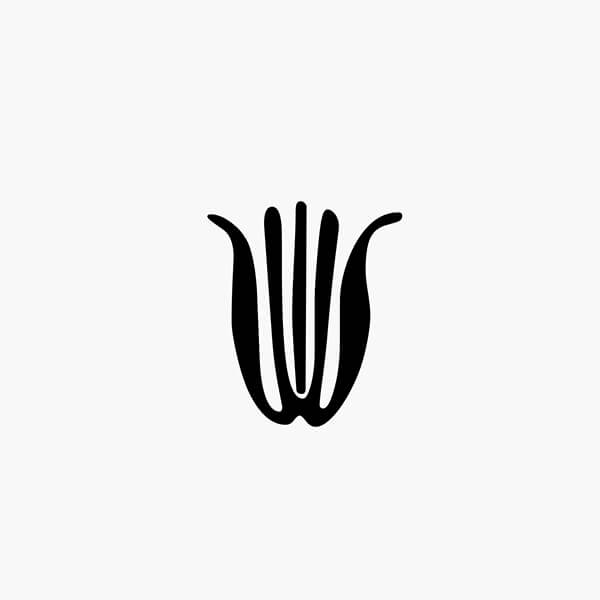
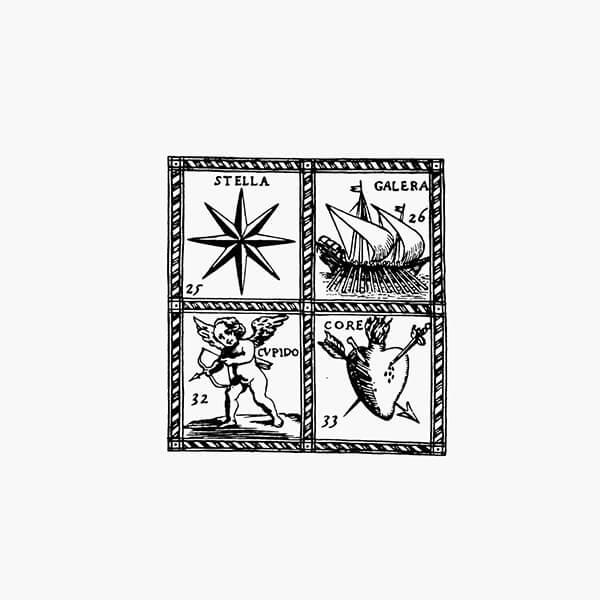

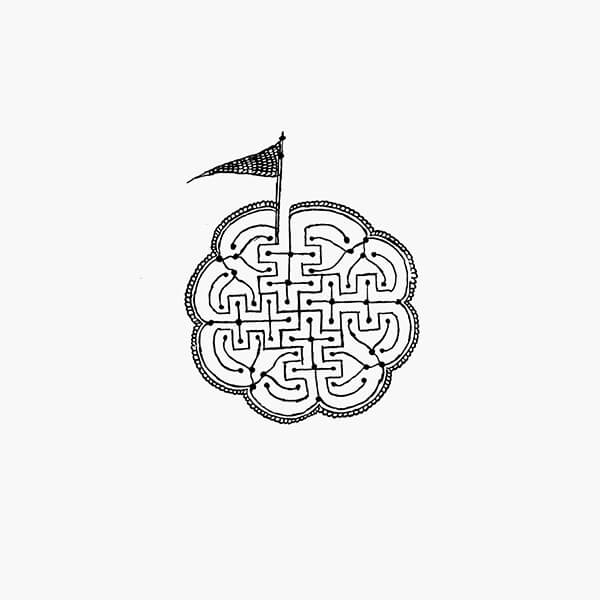
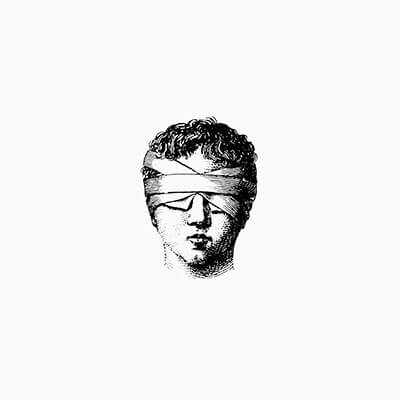


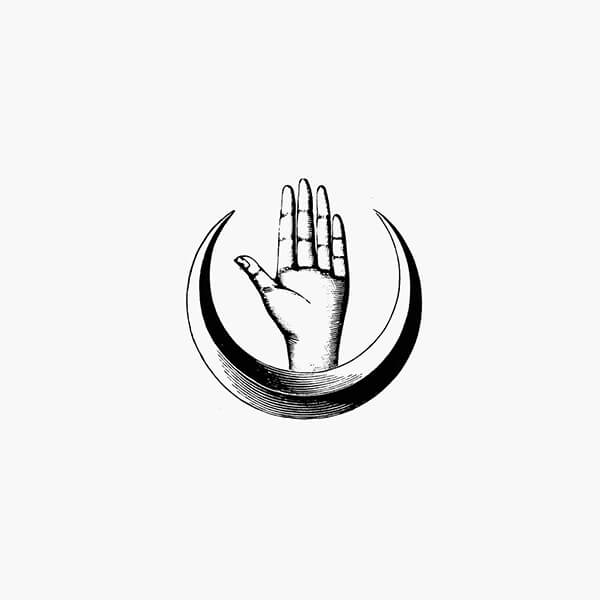
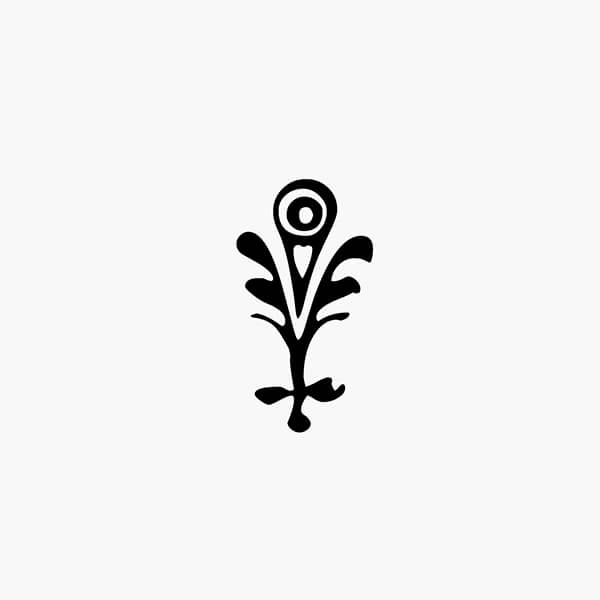

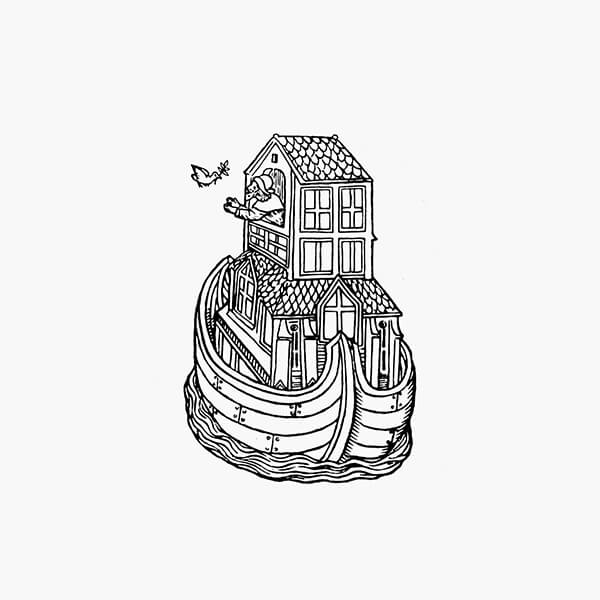

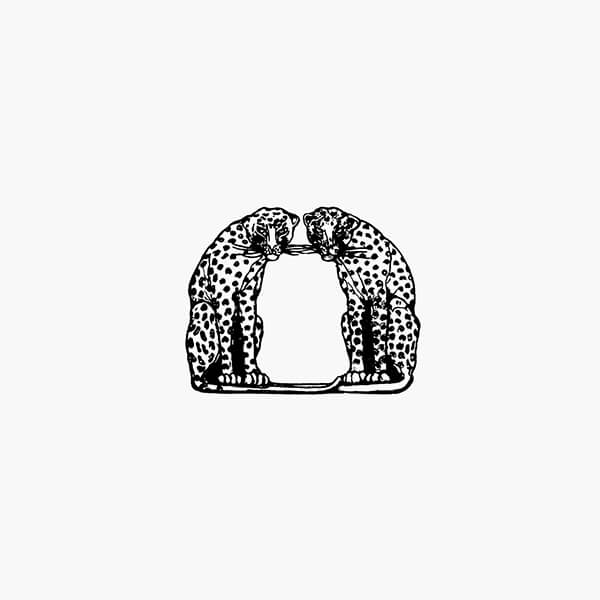
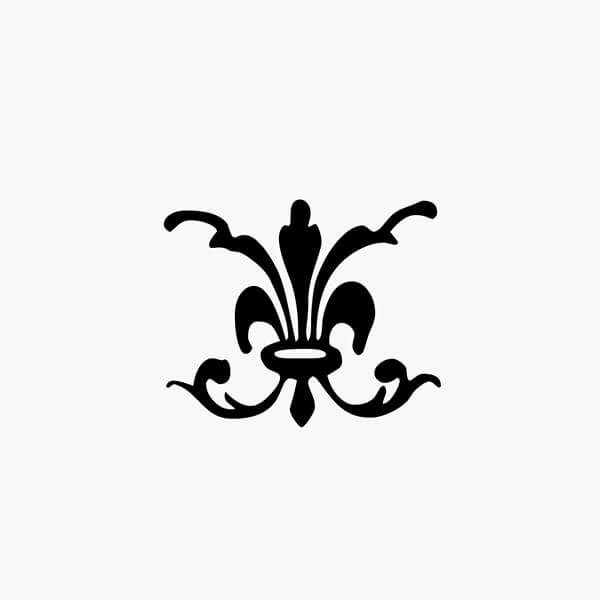


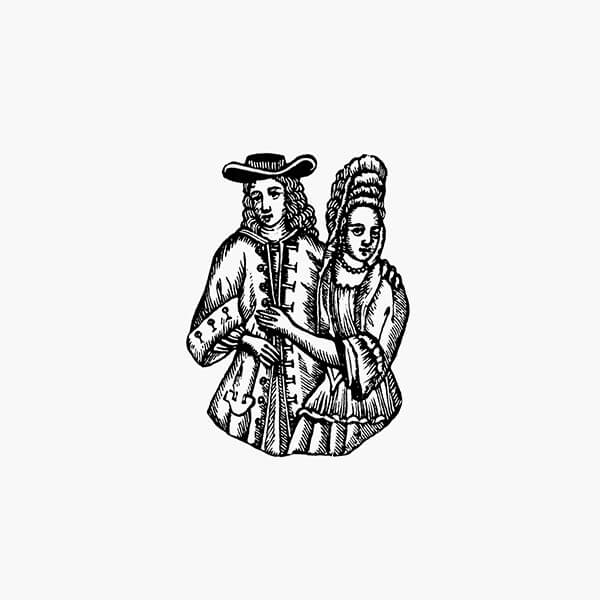









Library of Babel
10343 La piramide di fuoco
Arthur Machen. Edited and with an introduction by Jorge Luis Borges
1977 I ed. .
Language: Italian
In Machen’s narratives, the demonic victory is not limited to the depravity of the subjugated man; it also takes the form of corruption and pestilence. This physical horror contrasts with the rigour and severity of his never effusive prose.
The definitions we may give of Machen are far less important than certain singularities in his work. In the sprawling and almost boundless field of English literature, Arthur Machen is a minor poet, two words that are not meant to belittle him. He was a poet because his work, written in very elaborate prose, bears that intensity and sense loneliness that are inherent to poetry. Minor, because minor poetry is one of the species of this genre. The scope it embraces is not as vast, but the intonation is always more intimate. Of the selected short stories chosen, the first two belong to Machen’s most famous work, The Three Impostors. The overall theme is the spiritual and physical corruption of three victims immolated to demonic powers. The reader will not easily forget these well-plotted nightmares that, with a little imagination and a little misfortune, will populate his nights.